What is considered self-correction?
While speaking a language, it is common to self-correct while speaking, i.e. realizing you made a mistake while speaking and immediately correcting it. Many people self-correct instinctively and then feel embarrassed about the mistake they made in the first place that they had to self-correct.

But, rather than coming across as embarrassing, self-corrections often give the impression to the listener that the speaker has gained a level of command over the language where they are able to notice and correct their mistakes.
So, can you (or rather should you) self-correct in IELTS Speaking?
This is the first reason why self-correction is absolutely accepted in IELTS Speaking. If you find a mistake in what you said, you can correct yourself immediately and still get credit for having it correctly. It is described very clearly in the Band Descriptors officially published by IELTS.
However, although it is accepted, it is not a green light for you to abuse it.
Here are the situations where self-correction doesn’t work:
- Self-correction happens so frequently with different kinds of mistakes.
- Self-correct a mistake one time but continue to make the same mistake without correction.
- Self-correct word choices by changing to synonyms but the synonyms are incorrectly used.
- Show hesitation when attempting to self-correct. Self-correction should happen naturally and without the effort of thinking. If you have to think to self-correct, it is not self-correction.
- Make another mistake when self-correcting. What is the point then?
@ieltswithhuyen IS IT OK TO SELF-CORRECT IN IELTS SPEAKING? Self-correction is absolutely accepted in IELTS Speaking. If you find a mistake in what you said, you can correct yourself and still get credit for having it correctly. It is described very clearly in the Band Descriptors officially published by IELTS. HOWEVER Even though it is accepted, it is not a green light for you to abuse it. Here are the situations that self-correction doesn't work. 1. Self-correction happens so frequently with different kinds of mistakes. Self-correct a mistake one time but continue to make the same mistake without correction. 2. Self-correct word choices by changing to synonyms but the synonyms are incorrectly used. 3. Show hesitation when attempting to self-correct. Self-correction should happen naturally and without the effort of thinking. If you have to think to self-correct, it is not self-correction. 4. Make another mistake when self-correcting. What is the point then? Along with IELTS Writing, Speaking is frustrating because you what mistakes you're making so you can't improve. I feel you. Contact me for Evaluation Services whenever you are ready. —— 👉 FREE practice tests on www.practice9.co 🫶 Have fun learning #ieltswithhuyen #ieltsteacher #IELTS #ieltsexam #ieltsspeaking #ielts #ieltspreparation ♬ original sound – Huyen Nguyen | IELTS teacher
Along with IELTS Writing, Speaking is frustrating because you don’t know what mistakes you’re making so you can’t improve. I feel you. This is why Practice9’s IELTS Speaking Evaluation Service is the best thing you can do for your practice journey.
Check out which Practice9’s services fit you and your needs the most here.
Feel free to contact us for better guidance on your IELTS journey.
Don’t waste your time on IELTS! You can get it this time.
Have fun learning!

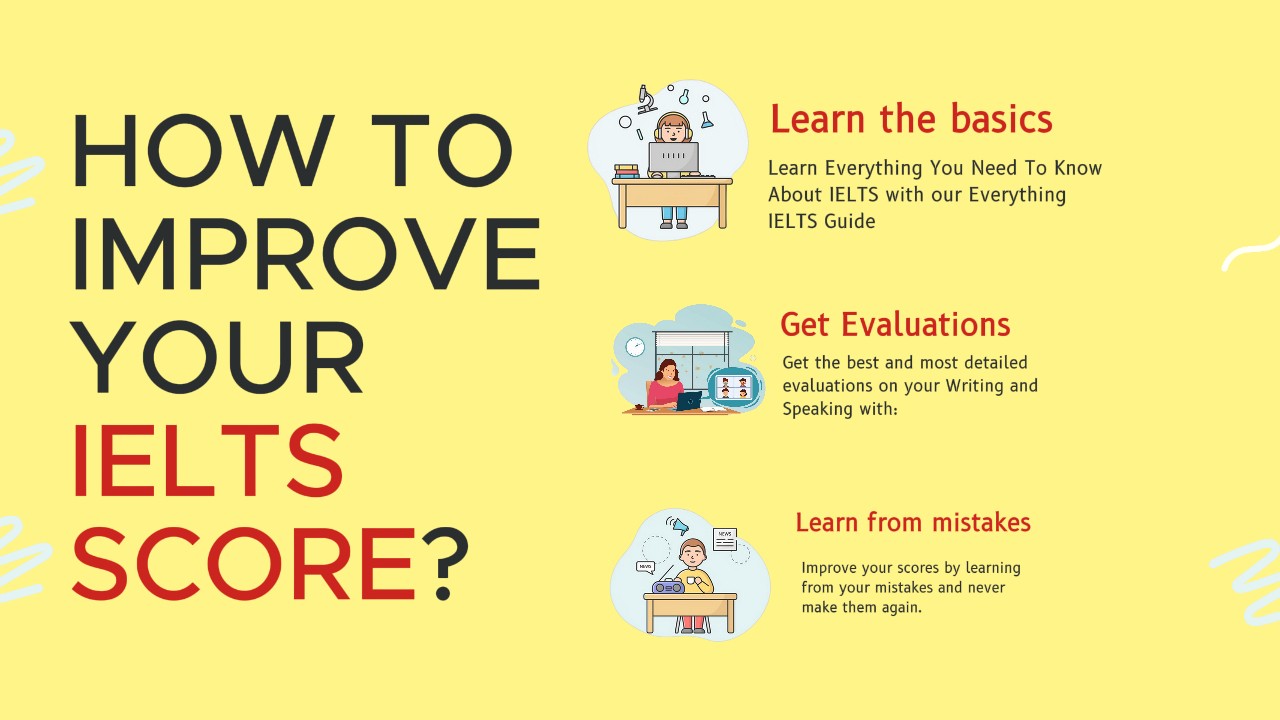
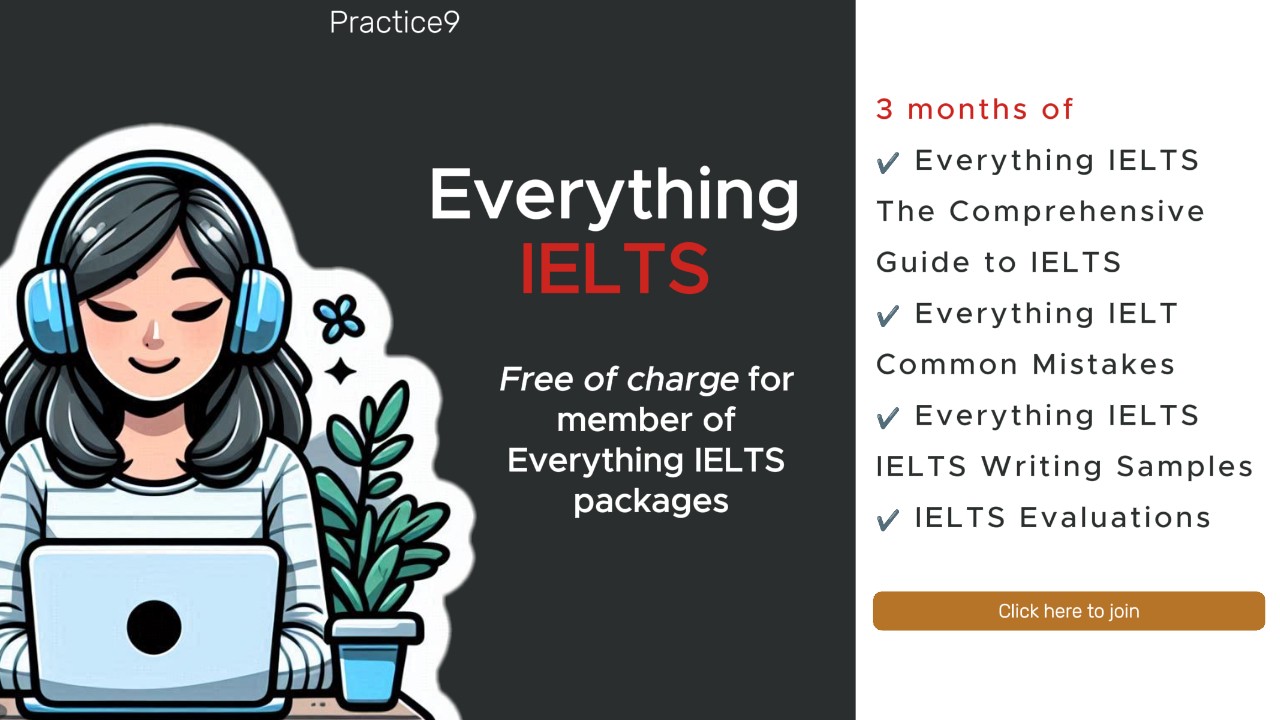
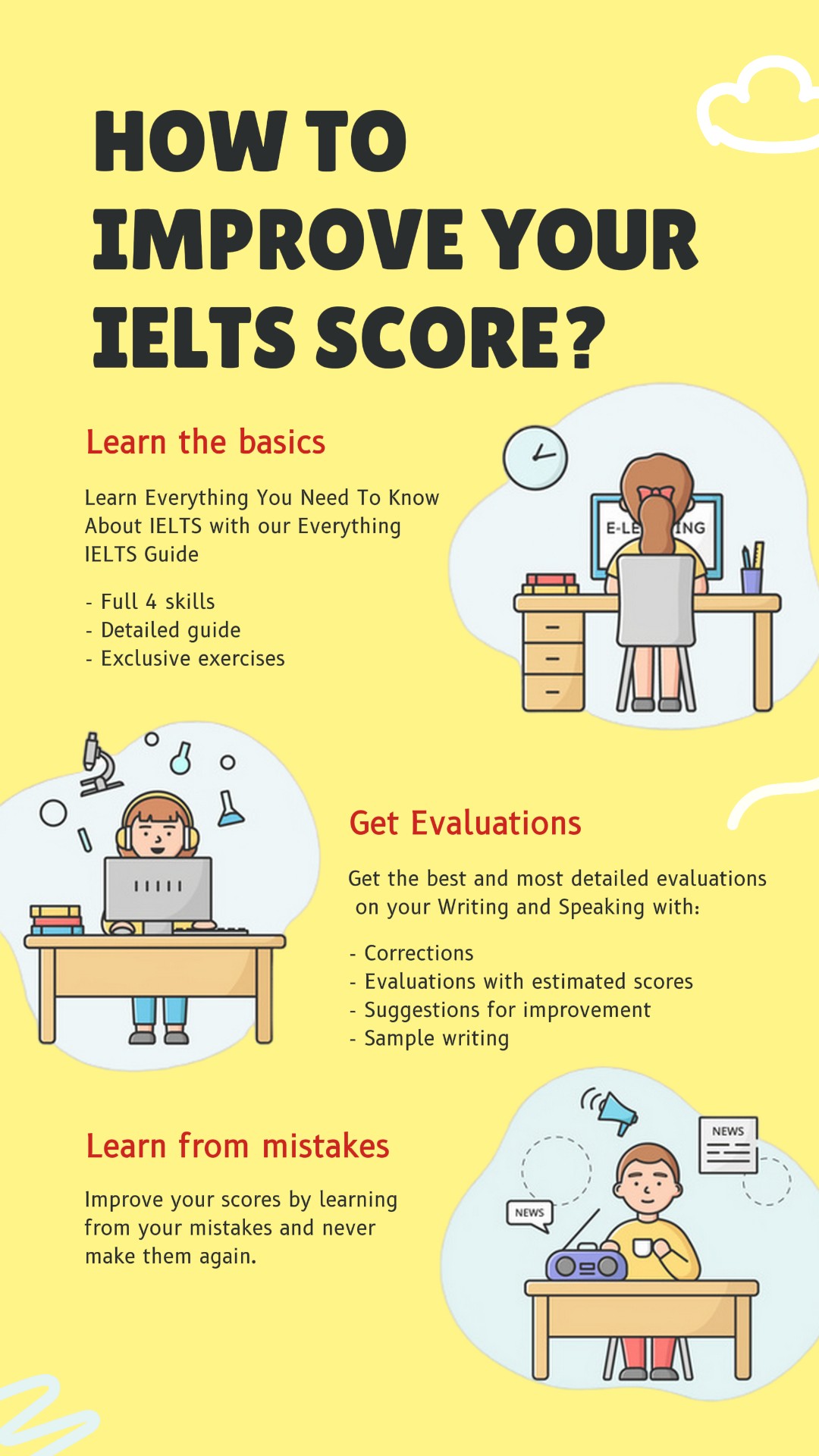
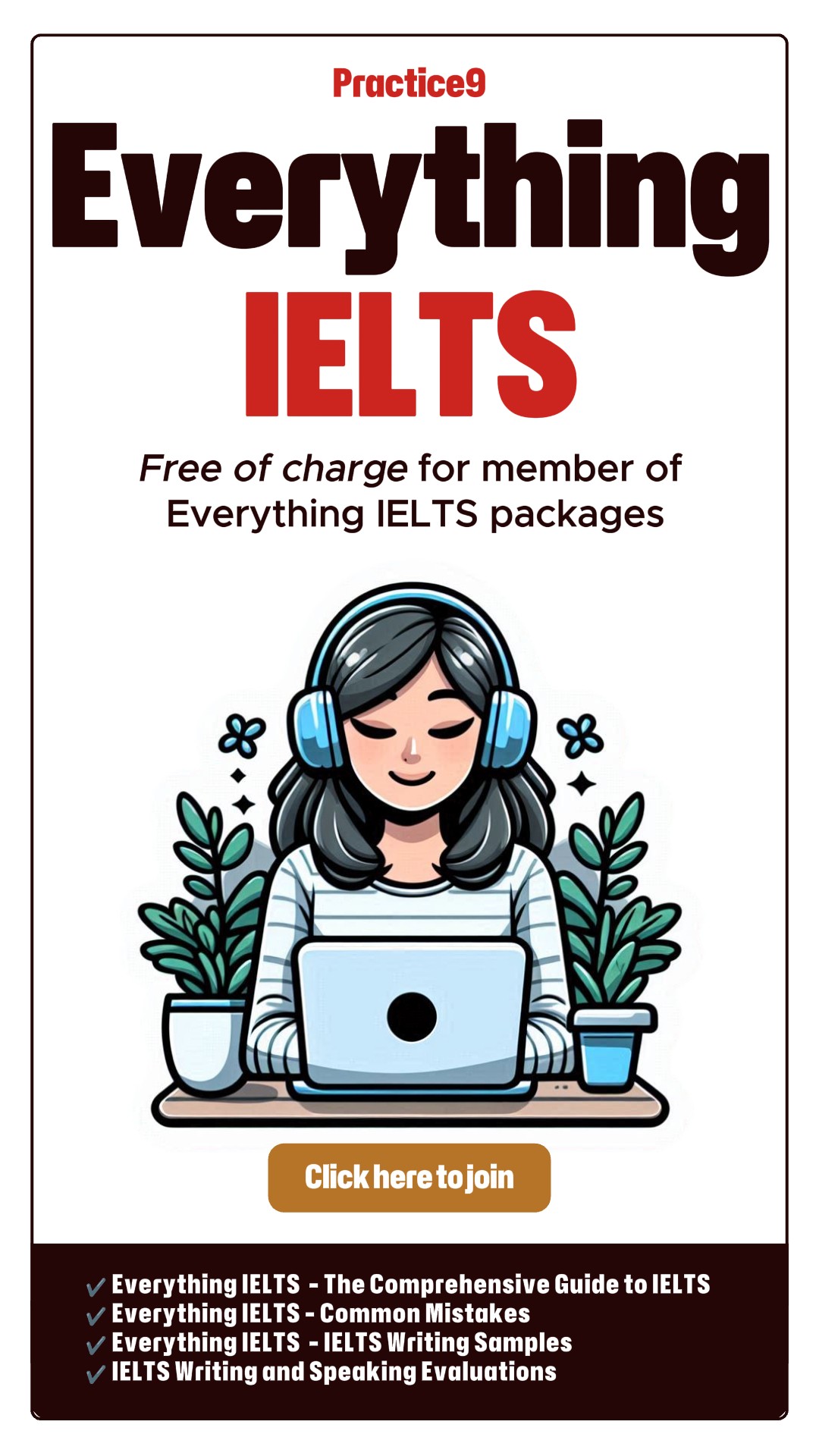

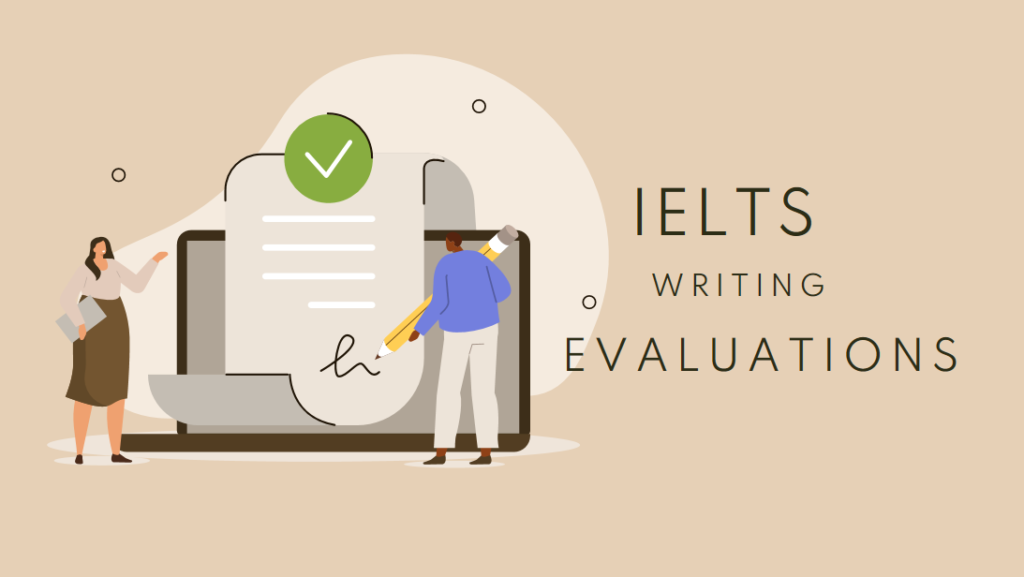
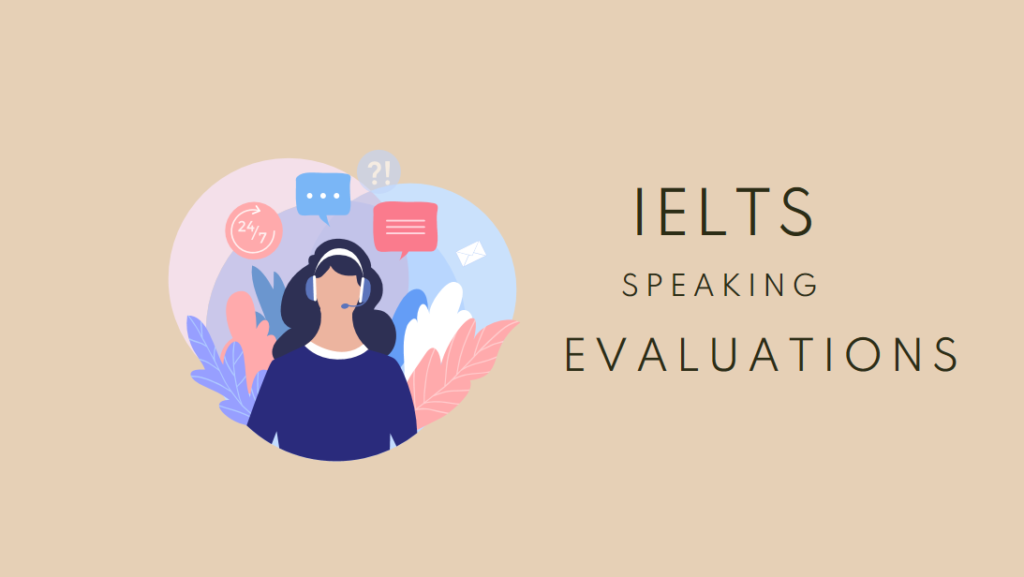





Responses